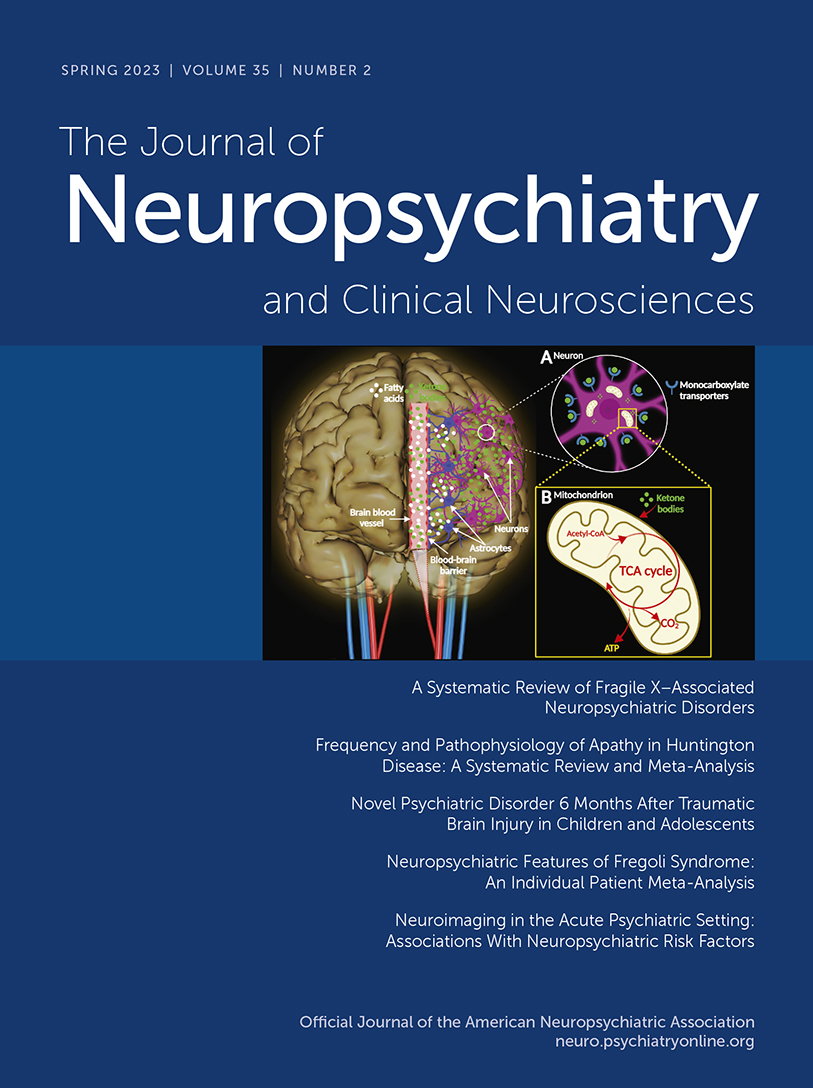Attachment and Clinical Outcomes Among Treatment-Seeking Adults With Persistent Symptoms After Mild Traumatic Brain Injury
Abstract
Objective:
Interpersonal attachment influences the development and course of disease. Overreliance on insecure attachment strategies may increase risk for poor disease outcomes. This study aimed to investigate largely unexplored relationships between attachment strategies and clinical outcomes among adults with persistent symptoms after mild traumatic brain injury (mTBI).
Methods:
Participants with persistent symptoms after mTBI (N=83) completed measures assessing dimensions of insecure attachment (Relationship Scales Questionnaire [RSQ]), persistent symptoms (Rivermead Post-Concussion Symptoms Questionnaire), depression (Patient Health Questionnaire–9), anxiety (Generalized Anxiety Disorder–7), and health-related quality of life (HRQOL) (Quality of Life After Brain Injury—Overall Scale). Questionnaires were administered at clinic intake (mean=18.1 weeks postinjury) and again 3–4 months later (mean=32.2 weeks postinjury), except the RSQ, which was administered only in the follow-up assessment. Treatment response for each outcome was calculated as the difference between scores at clinic intake and follow-up. Generalized linear models were fitted for each clinical outcome, with RSQ variables as predictors.
Results:
Higher attachment anxiety was associated with greater persistent symptom severity, greater depression and anxiety symptoms, and worse HRQOL at follow-up. Higher attachment anxiety was also associated with less improvement in depression and HRQOL over time. In contrast, attachment avoidance was unrelated to any of the clinical outcomes.
Conclusions:
Attachment anxiety, the fear that a significant other will not be available in stressful circumstances, may be a particularly important social factor associated with health among adults with persistent symptoms after mTBI. Greater consideration of the attachment system is warranted in mTBI care and research.



